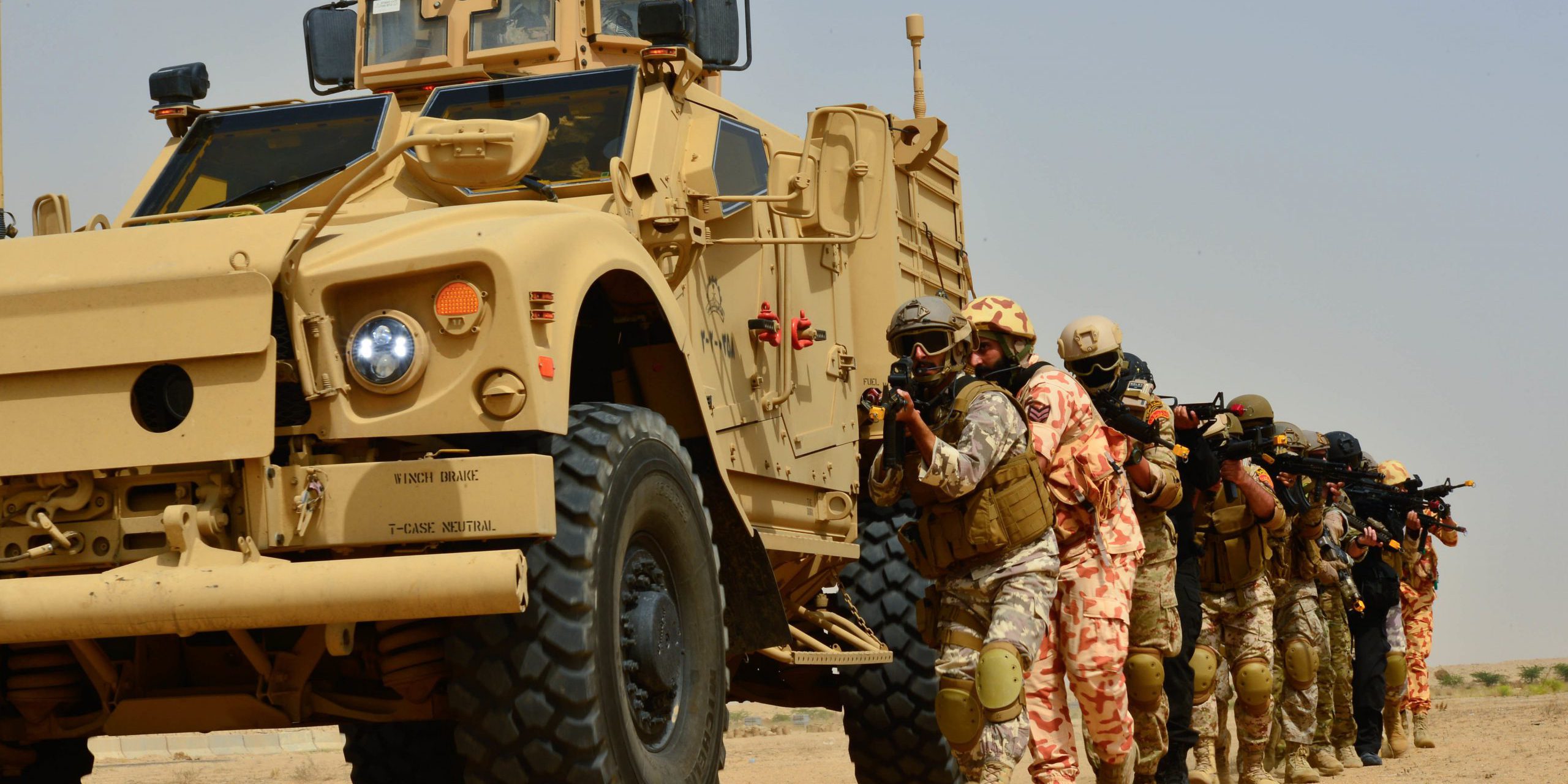This year, the Defense Department released a declassified summary of its Irregular Warfare Annex to the 2018 National Defense Strategy. The annex details how the Department seeks to institutionalize and operationalize this form of warfare amid the ongoing recalibration of its focus on peer and near-peer adversaries.
In the annex, irregular warfare is defined as ”a struggle among state and non-state actors to influence populations and affect legitimacy.”
Kristen R. Hajduk, National Security Innovation Network Director of Operations; Daniel ”Deak” Roh, Acting Principal Director for Special Operations and Combating Terrorism; and David Stephenson, Director of the Joint Chiefs of Staff’s Office of Irregular Warfare, spoke about the topic on a National Defense Industrial Association panel discussion yesterday.
“Irregular warfare doesn’t necessarily mean that the struggle by a state or non-state actor has to involve violence, although it can,” Stephenson said. “It could also include influencing populations through propaganda or intimidation.”
“In order to influence a population, they have to be able to trust you. They have to understand where your motivations are coming from,” Hajduk added.
“To succeed at irregular warfare, the Department can’t rely solely on Special Operations Forces,” Stephenson said. “Partnerships play a bigger role —meaning with the Joint Force, industry, and interagency partners, including the State Department, Treasury Department, and U.S. Agency for International Development, as well as allies and partners.”
Haiduk agreed: “The operators that are most effective are those that have the best relationship with the country,” she said, “meaning that Special Operations Forces and others serving abroad in a conflict zone are most effective if they gain the trust of the local military and government.”


